

| Cruise Region : Northern Europe, Europe |
| Company : MSC Cruises |
| Ship : MSC Preziosa |
| Journey Start : Thu 03 Sep 2026 |
| Journey End : Sun 13 Sep 2026 |
| Count Nights : 10 nights |
| Day | Port | Date | Arrival | Departure |
|---|---|---|---|---|
| 1 | Hamburg / Germany | Thu 03 Sep | 17:00 | |
| 2 | Day at sea / Sea | Fri 04 Sep | ||
| 3 | Cove (Cork) / Ireland | Sat 05 Sep | 14:00 | 21:00 |
| 4 | Dun-Léare Dun-Léare Dublin / Ireland | Sun 06 Sep | 09:00 | 18:00 |
| 5 | Belfast / Great Britain | Mon 07 Sep | 08:00 | 18:00 |
| 6 | Greenock / Scotland | Tue 08 Sep | 08:00 | 18:00 |
| 7 | Day at sea / Sea | Wed 09 Sep | ||
| 8 | Kirkwall / Great Britain | Thu 10 Sep | 08:00 | 18:00 |
| 9 | Invergordon / Great Britain | Fri 11 Sep | 08:00 | 18:00 |
| 10 | Day at sea / Sea | Sat 12 Sep | ||
| 11 | Hamburg / Germany | Sun 13 Sep | 07:00 |
The cruise booking conditions may vary depending on the itinerary, season, and selected package. However, the basic conditions include:
1. **Deposit and Full Payment:**
- A deposit of 30% is required to confirm the booking.
- Full payment is usually required 60-90 days prior to departure. For late bookings, full payment may be required immediately.
2. **Cancellation and Penalties:**
- Cancellation penalties depend on the time remaining before departure. The closer to the departure date, the higher the penalties.
- More than 60 days before departure: €50 per person
- 59 to 30 days: 30% of the total price
- 29 to 22 days: 50%
- 21 to 15 days: 70%
- Less than 14 days before departure: 100%
3. **Booking Changes:**
- Passenger substitutions are subject to an additional fee of €50 per person.
4. **Insurance:**
- It is recommended to purchase travel or medical insurance to cover potential costs in case of cancellation or changes to the booking, as well as medical expenses during the cruise.
5. **Document Requirements:**
- All passengers must have valid passports and visas for visiting countries (if required by the destination) on the cruise itinerary. The responsibility for obtaining visas lies with the passengers.
Important: MSC reserves the right to change the cabin to the same category or higher. However, MSC will do everything possible to avoid changing the cabin.
Additional costs:
Additionally paid on the liner:
For any purchase of goods on the liner in bars, restaurants, shops and services in the spa center, hairdresser, etc. you will be additionally charged a service fee, which will average 15% of the purchase price.
The standard cruise fare typically does not include a drink package. You may choose and add an appropriate drink package to your cruise.
Drink package rules:
- All guests sharing a cabin, including children over 3 years old, must book a drink package. For children, a MINORS PACKAGE is available.
- Seating together in the main restaurant for dinner is only possible if all guests have booked the same drink package or none at all.
- Packages are for personal use only; cruise cards cannot be shared. Only one drink can be ordered per request. If misuse of the package occurs, the cruise company reserves the right to block the package without refunding the remaining days.
- Drink packages are valid every day throughout the cruise and cannot be purchased for individual days.
- Packages are not valid in specialty bars, cafés, and restaurants, including:
- Venchi 1878 establishments, Jean-Philippe Maury venues, MSC Virtuosa Starship Club, MSC World Europa Coffee Emporium, MSC World Europa Raj Polo Tea Room.
- Due to Saudi Arabian law, alcoholic drinks are not available while docked in Saudi Arabian ports. Alcoholic beverages will only be available once the ship leaves the port and is at sea.
- Drink packages purchased onboard will be more expensive than those bought when booking the cruise.
- Detailed lists of drink packages will be available onboard.
- Packages are valid on Sir Bani Yas and Ocean Cay islands.
Prices per person, per day:
Mediterranean; Northern Europe; UAE & Persian Gulf; Red Sea; Caribbean from Fort-de-France*
EASY PACKAGE (adults 18+)
- Cruises 1-7 days: €43
- Cruises 8+ days: €39
√ a selection of classic cocktails, house spirits and mixed drinks
√ non-alcoholic cocktails
√ dedicated selection of house wines by the glass, beer, sodas, fruit juices
√ bottled mineral water
√ classic hot drink (espresso, cappuccino, coffee latte, hot tea)
Valid: 24/7 in select onboard bars, main restaurants, and buffet (excluding specialty restaurants).
EASY PLUS PACKAGE (adults 18+)
- Cruises 1-7 days: €57
- Cruises 8+ days: €54
All drinks priced up to €9 or $10*
√ frozen and classic cocktails, variety of spirit brands, liquors and cordials
√ a selection of wine by the glass
√ a 10% discount on bottled wines purchased onboard
√ a wide variety of draft and bottled beers, non-alcoholic cocktails, soft drinks
√ mineral water
√ coffee drinks, hot chocolate and hot teas
The Easy Plus Package covers all the above served at our bars, buffet, main restaurant and specialty restaurants. What’s more, it also includes Ocean Cay MSC Marine Reserve and other exclusive MSC destinations.
*€9 for European, Dubai, Abu Dhabi and Qatar, Egypt, Red Sea & Saudi Arabia, and Antilles cruises; $10 for Caribbean, Northern America, South America and Asia cruises.
Valid: 24/7 in onboard bars, main restaurants, buffet, and specialty restaurants.
PREMIUM EXTRA PACKAGE (adults 18+)
- Cruises 1-7 days: €77
- Cruises 8+ days: €74
All drinks priced up to €14 or $16*
√ an extensive variety of frozen and classic cocktails, premium brand spirits, liquors and cordials
√ a varied selection of wines and champagne by the glass
√ a 25% discount on bottles of wine and champagne purchased on board
√ our entire selection of draft, craft and bottled beers, sodas, fruit juices
√ mineral water, energy drinks
√ coffee drinks, hot chocolate and teas
Valid: 24/7 in onboard bars, main restaurants, buffet, and specialty restaurants.
ALCOHOL-FREE PACKAGE (adults 18+)
- Cruises 1-7 days: €26
- Cruises 8+ days: €24
√ a wide choice of alcohol-free cocktails, sodas, energy drinks
√ mineral water, flavored water, fruit juices
√ classic coffee drinks and coffee specialties, hot chocolate, hot teas, soft-serve ice cream
Valid: 24/7 in onboard bars, main restaurants, buffet (excluding specialty restaurants).
MINORS PACKAGE (children 3-17 years)**
- Cruises 1-7 days: €18
- Cruises 8+ days: €17
√ alcohol-free cocktails, sodas, energy drinks
√ mineral water, flavored water, fruit juices
√ a selection of coffee drinks, hot chocolate, hot tea and soft-serve ice cream.
Applicable for minors (age respective of the country/operation area) who are part of a group/family purchasing an adult package.
Valid: 24/7 in select onboard bars, main restaurants, and buffet (excluding specialty restaurants).
Prices and rules are similar for other regions, with minor variations in costs for South America, Asia, and the Far East.
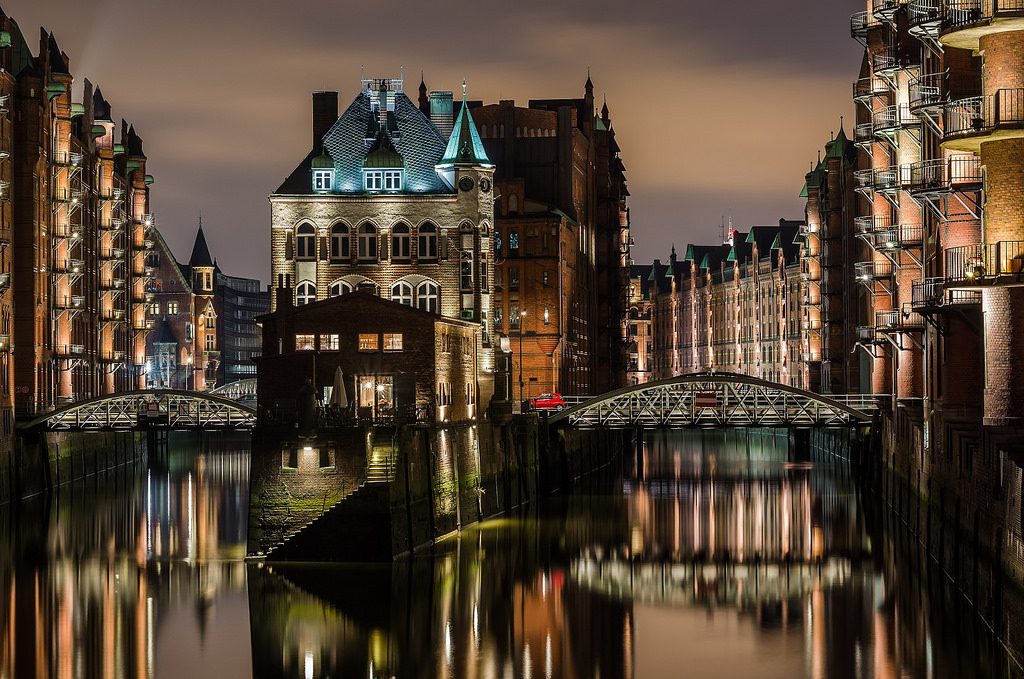
Hamburg ; officially the Free and Hanseatic City of Hamburg is the second-largest city in Germany with a population of over 1.8 million.
One of Germany's 16 federal states, it is surrounded by Schleswig-Holstein to the north and Lower Saxony to the south. The city's metropolitan region is home to more than five million people. Hamburg lies on the River Elbe and two of its tributaries, the River Alster and the River Bille.
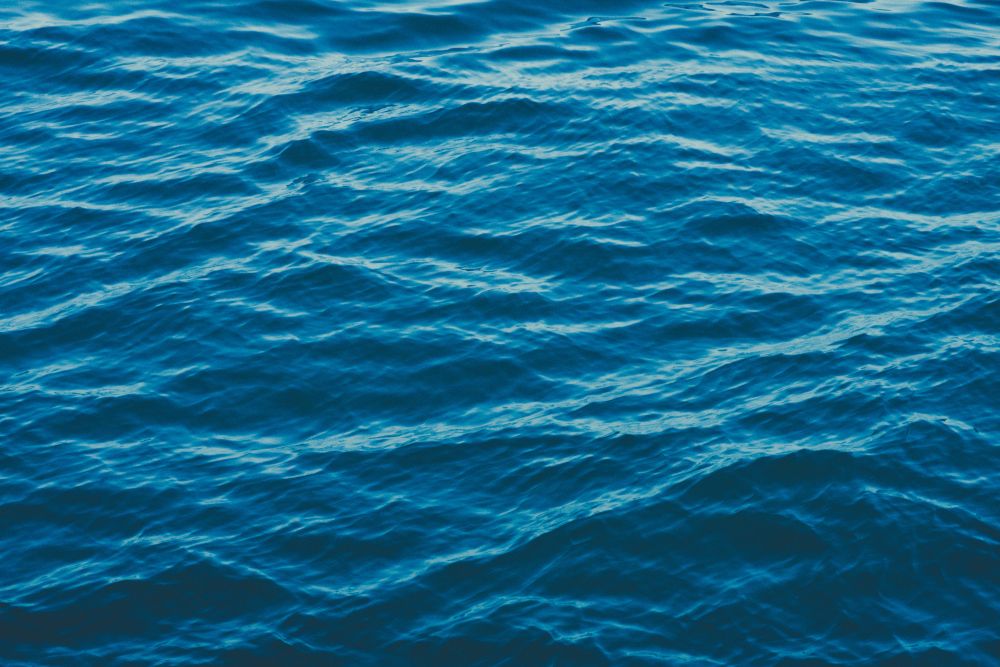
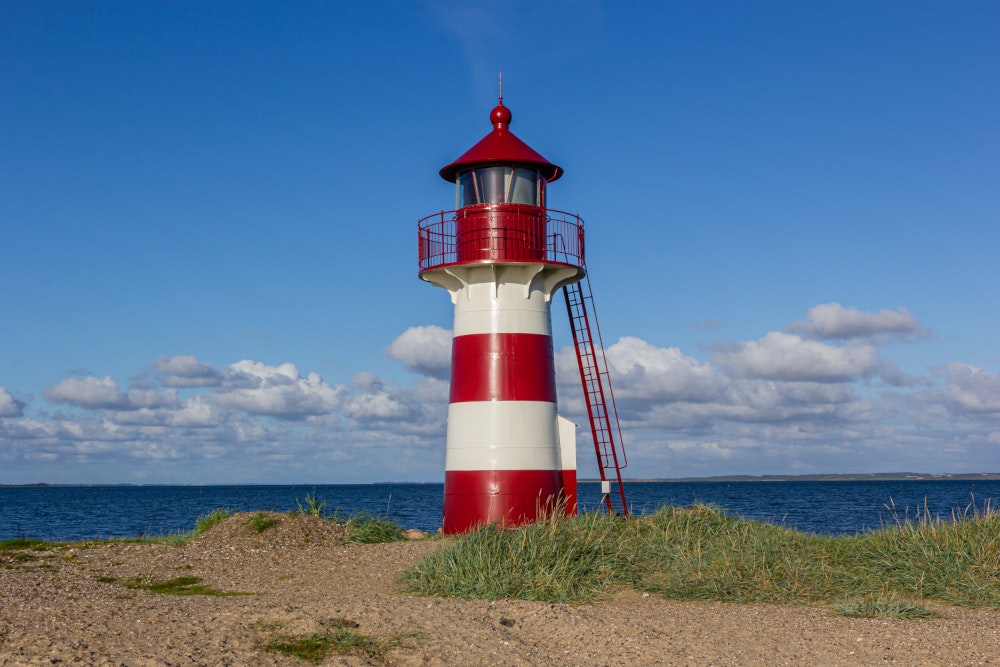
Cork is a city in south-west Ireland, in the province of Munster, which had a population of 125,657 in 2016.
The city is on the River Lee which splits into two channels at the western end and divides the city centre into islands. They reconverge at the eastern end where the quays and docks along the river banks lead outwards towards Lough Mahon and Cork Harbour, one of the largest natural harbours in the world.
Expanded by Viking invaders around 915, the city's charter was granted by Prince John, as Lord of Ireland, in 1185. Cork city was once fully walled, and the remnants of the old medieval town centre can be found around South and North Main streets.
The third largest city on the island of Ireland, the city's cognomen of "the rebel city" originates in its support for the Yorkist cause in the Wars of the Roses. Corkonians often refer to the city as "the real capital", a reference to its opposition to the Anglo-Irish Treaty in the Irish Civil War.

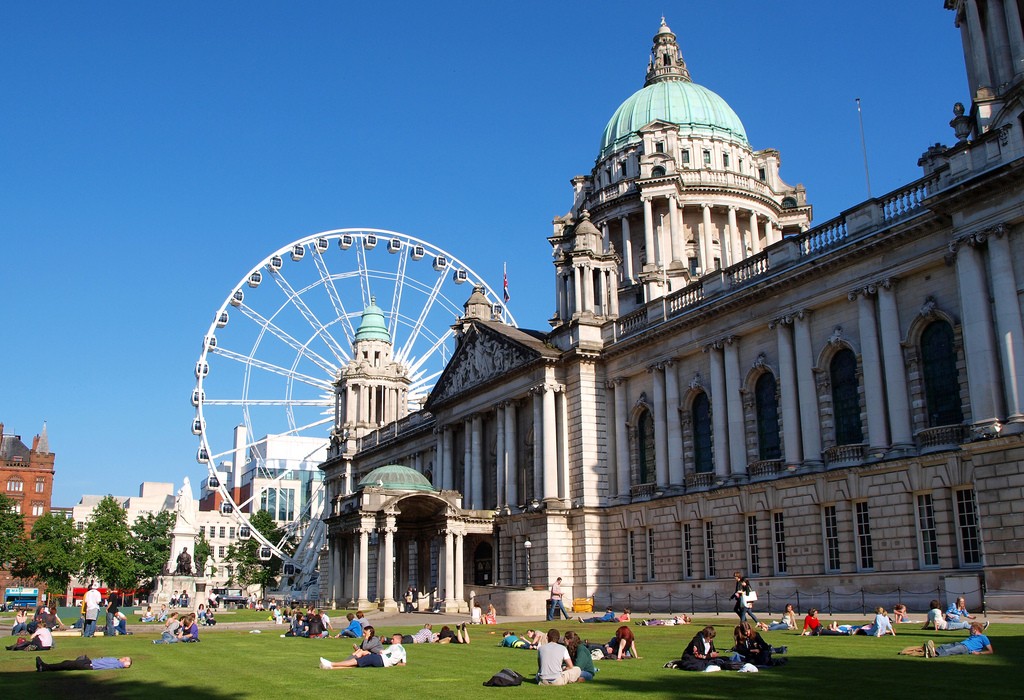
Belfast is a port city in the United Kingdom and the capital city of Northern Ireland, on the banks of the River Lagan on the east coast of Ireland. It is the largest city in Northern Ireland and second largest on the island of Ireland. It had a population of 333,871 in 2015.
By the early 1800s Belfast was a major port. It played a key role in the Industrial Revolution, becoming the biggest linen producer in the world, earning it the nickname "Linenopolis". By the time it was granted city status in 1888, it was a major centre of Irish linen production, tobacco-processing and rope-making. Shipbuilding was also a key industry; the Harland and Wolff shipyard, where the RMS Titanic was built, was the world's biggest shipyard. It also has a major aerospace and missiles industry. Industrialisation and the inward migration it brought made Belfast Ireland's biggest city and it became the capital of Northern Ireland following the Partition of Ireland in 1922. Its status as a global industrial centre ended in the decades after the Second World War.
Belfast suffered greatly in the Troubles, and in the 1970s and 1980s was one of the world's most dangerous cities. However, the city is now considered to be one of the safest within the United Kingdom. Throughout the 21st century, the city has seen a sustained period of calm, free from the intense political violence of former years and has benefitted from substantial economic and commercial growth. Belfast remains a centre for industry, as well as the arts, higher education, business, and law, and is the economic engine of Northern Ireland. Belfast is still a major port, with commercial and industrial docks dominating the Belfast Lough shoreline, including the Harland and Wolff shipyard. It is served by two airports: George Best Belfast City Airport, and Belfast International Airport 15 miles (24 km) west of the city. It is listed by the Globalization and World Cities Research Network (GaWC) as a Gamma global city.
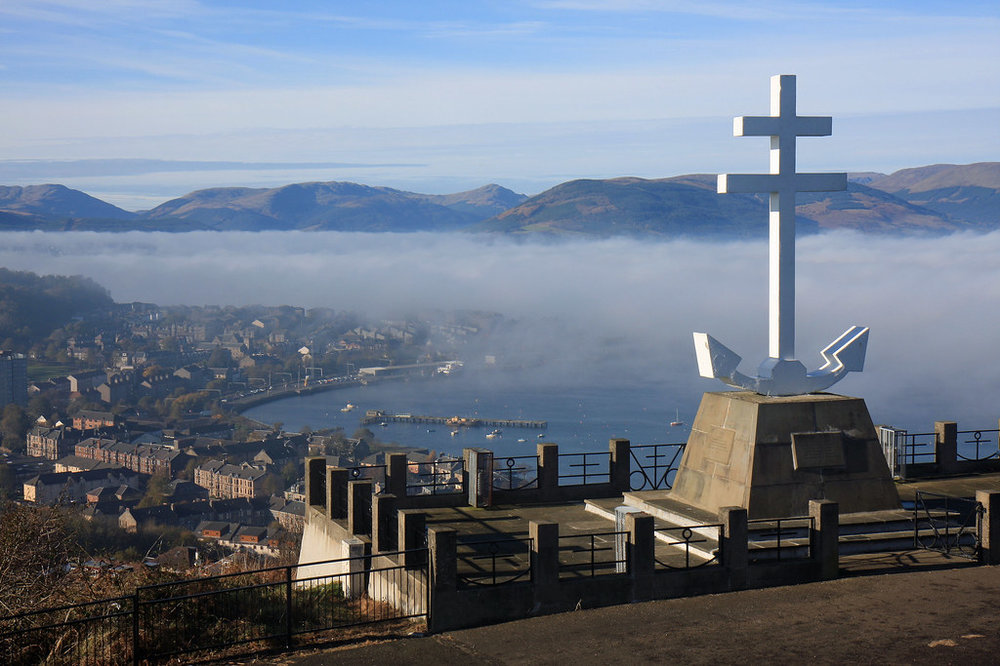



The town is well known for the Invergordon Mutiny of 1931. More recently it has also become known for the repair of oil rigs which line up in the Cromarty Firth on which the town is situated. In the 1970s and 1980s nearby Nigg was known for the construction of these rigs. The yard used for this is now attempting to re-establish itself as a fabricator of large offshore wind turbines and oil rig refurbishment since being purchased by Global Energy Group.
For a number of years Invergordon was the site of an aluminium smelter until 1981 when British Aluminium closed it down. The pipeline that covered the conveyor belt from the smelter to the BA pier was not dismantled until the early 2000s and the two large tanks still stand today as well as a water tower.
It still has a grain whisky distillery, operated by Philippines-owned whisky giant Whyte and Mackay, the output of which contributes to many blended whiskies. Connected to the distillery was the Invergordon Distillery Pipe Band.
At present the port is visited by many large cruise liners each year, as the deep water port allows disembarkation for coach tours in the northern Highlands.
Since the 1970s some would perceive the town as a 'Glasgow colony', since many workers were recruited from southern Scotland to work in the oil rig fabrication and aluminium smelting industries. As a result, the residents' accents often show more influence from Glasgow, than the surrounding Easter Ross dialect of Highland Englishalthough this has changed in recent years.
In recent years Global Energy Group have been expanding, with the purchase of the Nigg fabrication yard it has also brought much appreciated work to Invergordon's Docks with the town again full of oil company workers through the day.


Hamburg ; officially the Free and Hanseatic City of Hamburg is the second-largest city in Germany with a population of over 1.8 million.
One of Germany's 16 federal states, it is surrounded by Schleswig-Holstein to the north and Lower Saxony to the south. The city's metropolitan region is home to more than five million people. Hamburg lies on the River Elbe and two of its tributaries, the River Alster and the River Bille.